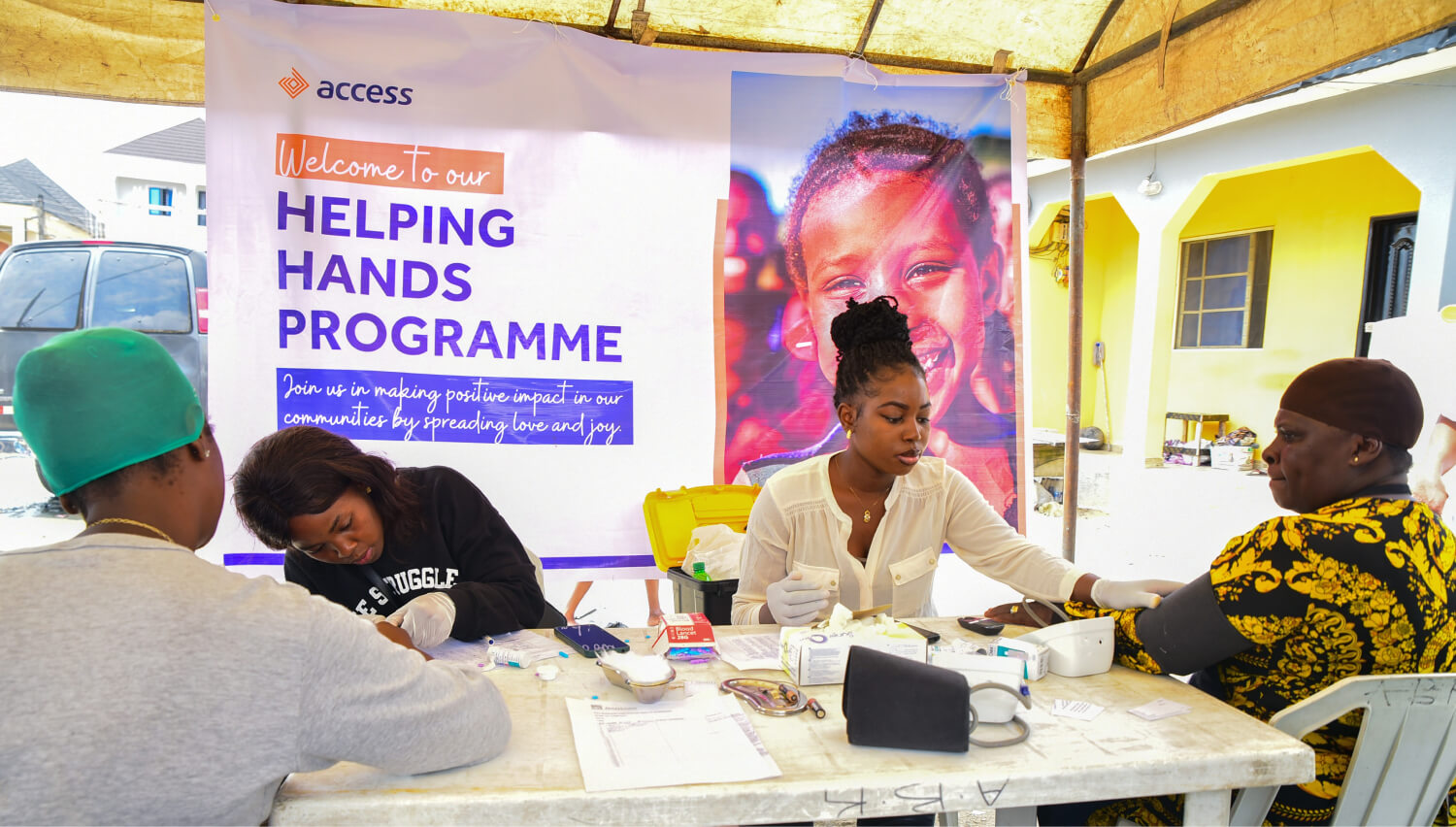One in every two Nigerians in the country’s labour force is either unemployed or underemployed. That grim statistic was one of the key highlights of the latest unemployment report published by Nigeria’s Bureau of Statistics, which shows the most recent data as of Q2 2020. While Nigeria’s unemployment rate has climbed to 27.1% (up from 23.1% in Q3 2018, when the unemployment report was last published), the country’s underemployment rate—which reflects those working less than 40 hours a week, or in jobs that underutilize a person’s skills, time, or education—has increased to 28.6%. With a labour force of 80.2 million, that means about 21.7 million Nigerians are unemployed, a figure that exceeds the population of 35 of Africa’s 54 countries. Among young Nigerians aged between 25 and 34, the largest bloc of the labour force, the unemployment rate currently stands even higher, at 30.7%.
It is the contentions of the (FAO, 2010) that for a country to have sustainable food security, food supplies must keep pace with increase population and urbanization. As such, according to FAO, addressing agriculture and population growth is vital to achieving food security. Other organizations and people (Peter Singer 2008) have come to this same conclusion in agriculture and population control. Food insecurity exists when people are undernourished as a result of the physical unavailability of food, their lack of social or economic access to adequate food.
Overcoming the twin challenges of youth unemployment and food scarcity certainly requires a multifaceted approach. Agriculture will provide under- and un-employed young people with employment and income, this in turn will provide the food we need via increased production, and ensures farming is passed from one generation to the next.
Over the years Access Bank, Africa’s leading financial institution has shown its commitment to helping green businesses grow and supporting sustainable consumption and production. The Bank believes that investing in the training of people is now more important than ever as the challenges associated with adopting sustainable production methods and linking up with marketing opportunities in modern value chains are growing.
Access Bank recently organized an agribusiness skills training event in partnership with Xploits Consulting Limited. Held in Benue State (Makurdi and Otukpo LGAs) and Plateau State (Jos North and South LGAs) of Nigeria, the programme was put together to equip trainees with fish farming and snail rearing skills. This initiative was necessitated by the gloomy statistics vis-à-vis youth unemployment in the country as well as the socioeconomic effects of the COVID-19 episode that Nigeria- like some other countries- is still grappling with.
A total of 184 persons were trained on snail rearing and fish farming over the course of the project. The implementation of this programme has assisted beneficiaries to access agribusiness skills required to surmount economic difficulties going forward.






